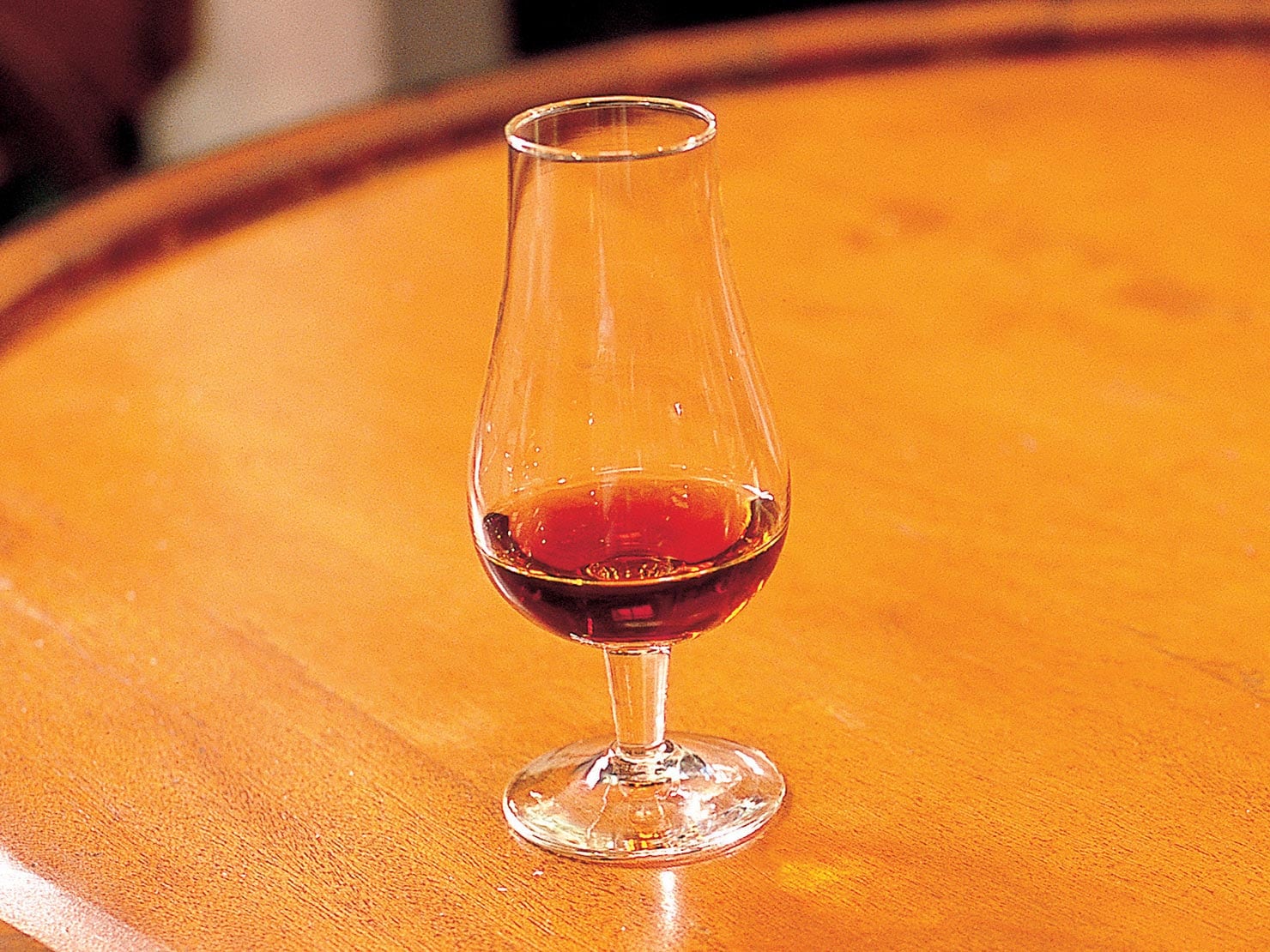

Stone markers of the pomerium stand both around Aricia and around Rome. The place whence they had ploughed up the earth, they called a fossa 'ditch,' and the earth thrown inside it they called the murus 'wall.' The orbis 'circle' which was made back of this, was the beginning of the urbs 'city' because the circle was post murum 'back of the wall,' it was called a postmoerium it sets the limits for the taking of the auspices for the city. § 5.143 Many founded towns in Latium by the Etruscan ritual that is, with a team of cattle, a bull and a cow on the inside, they ran a furrow around with a plough (for reasons of religion they did this on an auspicious day), that they might be fortified by a ditch and a wall. This place Afranius in a comedy of Roman life calls the Putiluci 'pit-lights,' for the reason that from it they look up through putei 'pits' to the lumen 'light.' Outside the towns there are puticuli 'little pits,' named from putei 'pits,' because there the people used to be buried in putei 'pits' unless rather, as Aelius writes, the puticuli are so called because the corpses which had been thrown out putescebant 'used to rot' there, in the public burial-place which is beyond the Esquiline. From putei 'wells' comes the town-name, such as Puteoli, because around this place there are many hot and cold spring-waters unless rather from putor 'stench,' because the place is often putidus 'stinking' with smells of sulphur and alum. § 5.25 If this moisture is in the ground no matter how far down, in a place from which it pote 'can' be taken, it is a puteus 'well' unless rather because the Aeolians used to say, like - πύταμος for πόταμος 'river,' so also - πύτευς 'well' for ποτέος 'drinkable,' from potus 'act of drinking,' and not φρέαρ 'well' as they do now. Perhaps the Latin word comes from the Greek for Evander, who came to the Palatine, was an Arcadian from Greece.

Therefore this word is pronounced with I in some places in Latium, not terminus, but terimen, and this form is found in Accius: it is the same word which the Greeks call τέρμονα. From this, in the harvest, is the tritura 'threshing,' because then the grain teritur 'is rubbed out,' and the tribulum 'threshing-sledge,' with which it teritur 'is rubbed out.' From this the boundaries of the fields are called termini, because those parts teruntur 'are trodden' most, on account of the boundary-lane. From this, the linen garment which teritur 'is rubbed' by the body, is an extermentarium. From this, the place which is left near a town as common property for the farmers, is the territorium 'territory,' because it teritur 'is trodden' most. Terra 'earth' is - as Aelius writes - named from this fact, that it teritur 'is trodden' therefore it is written tera in the Books of the Augurs, with one R.


 0 kommentar(er)
0 kommentar(er)
